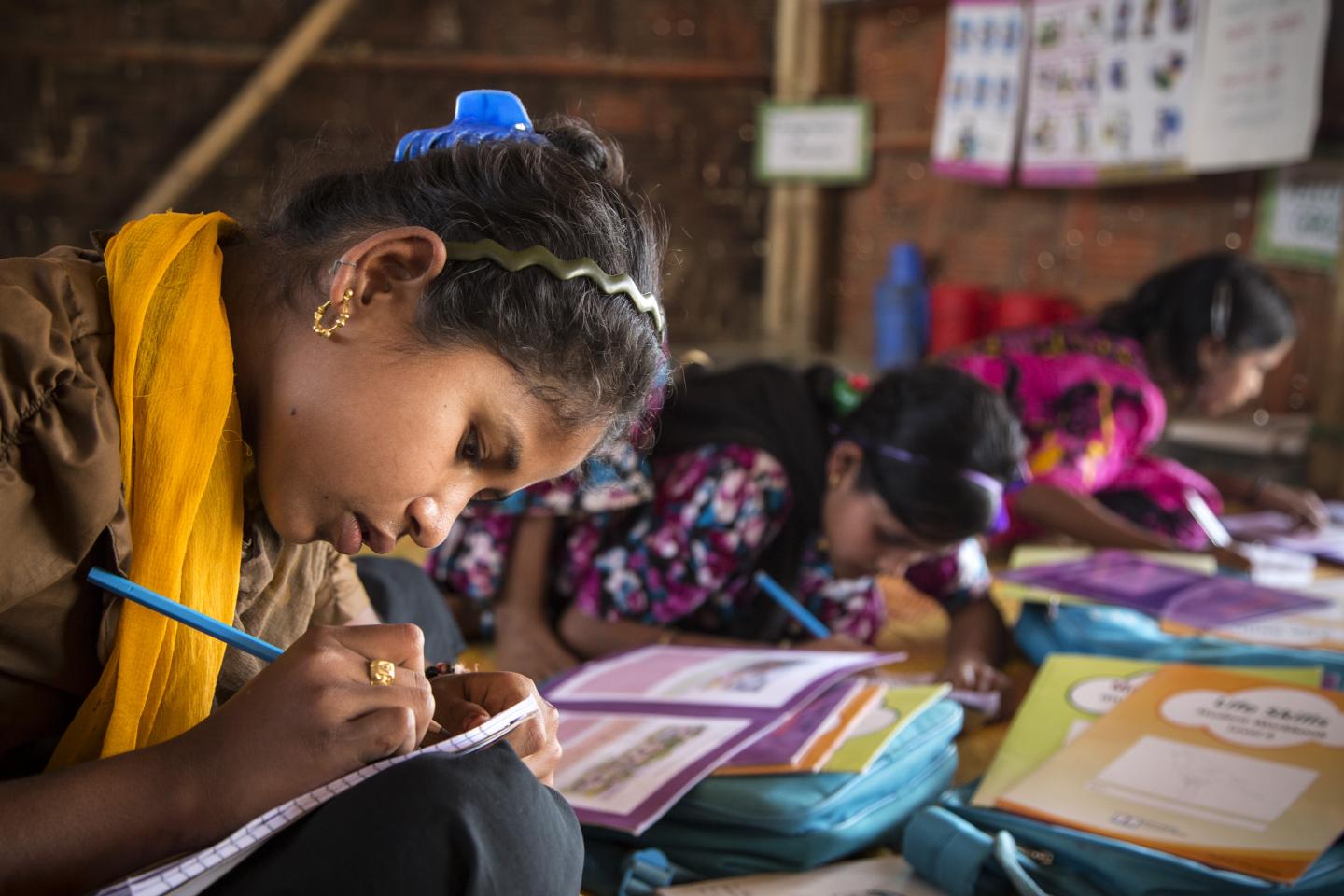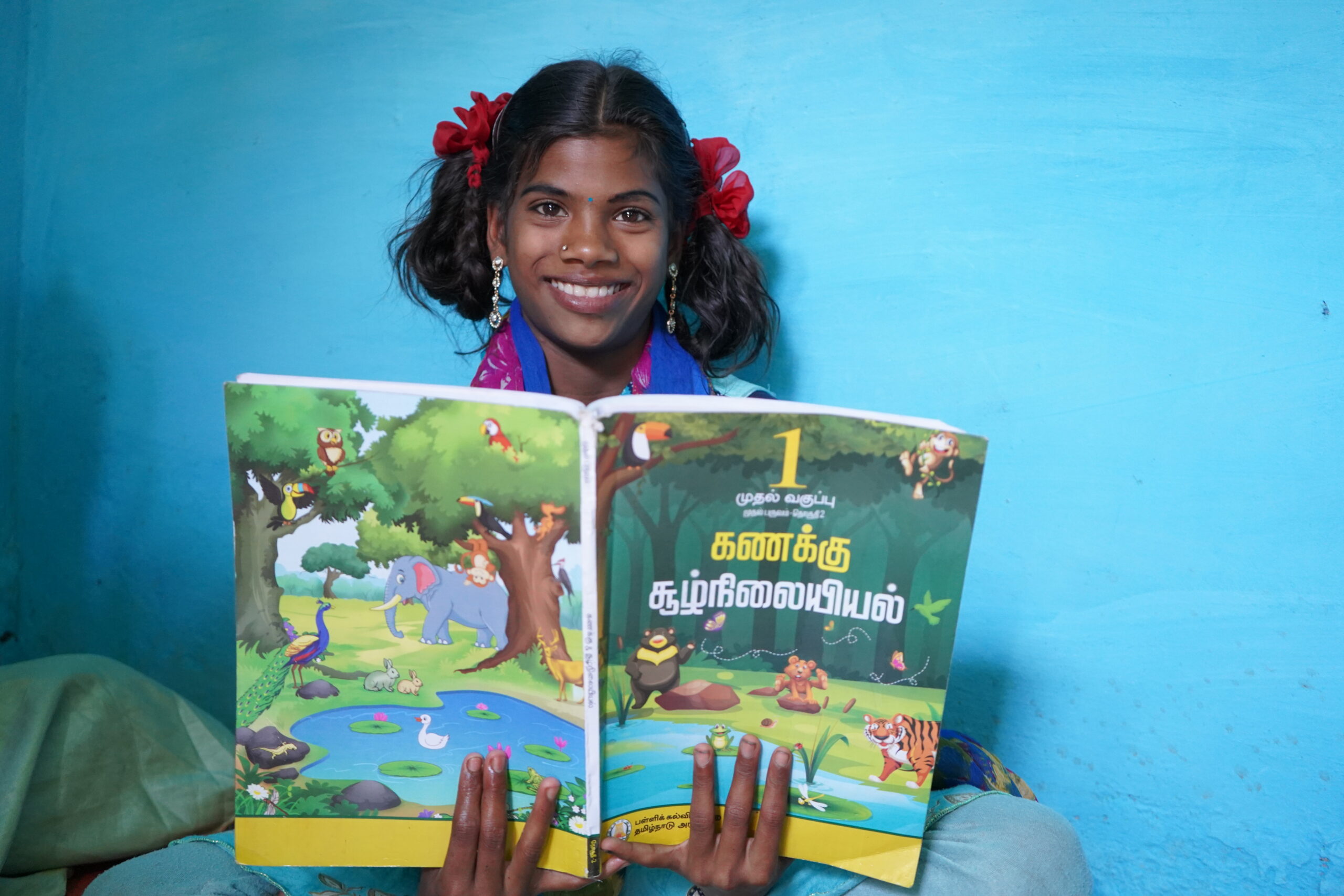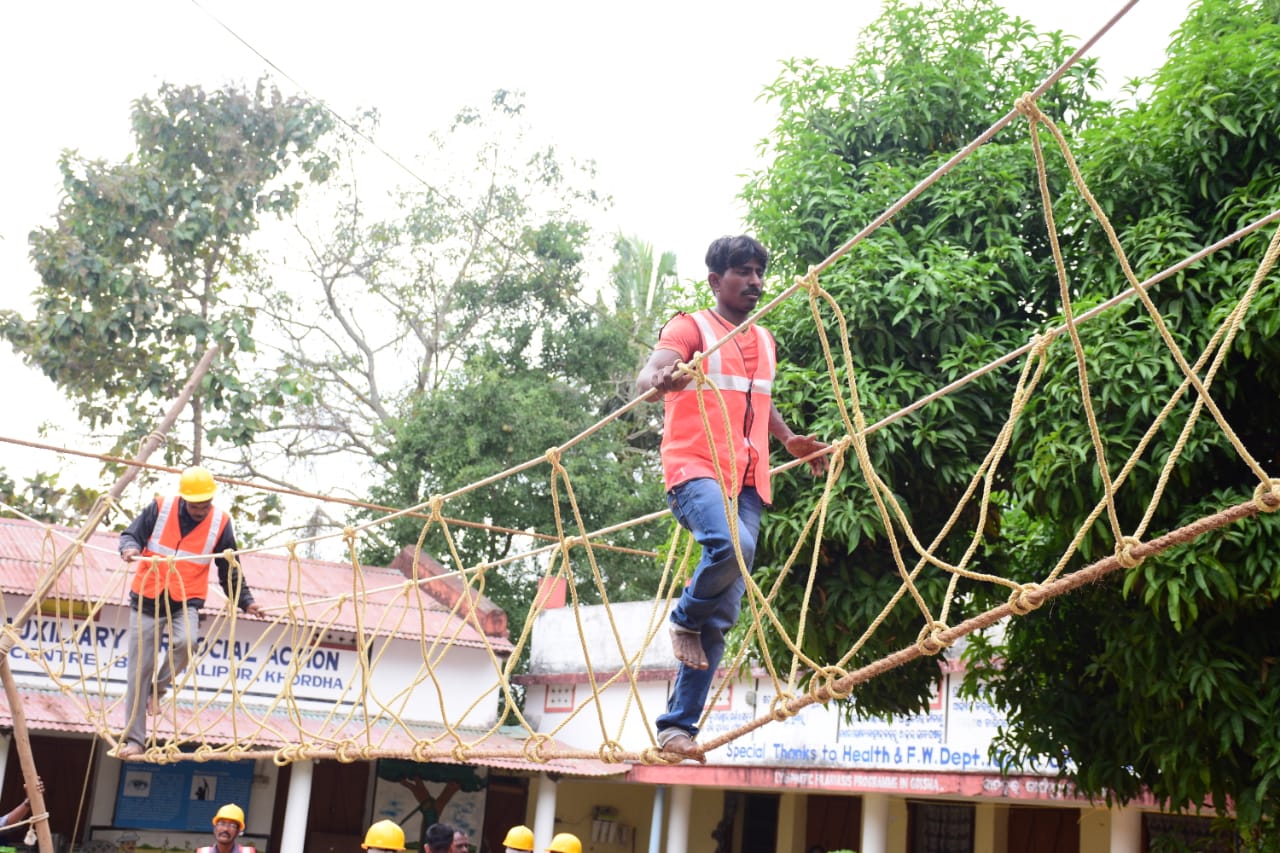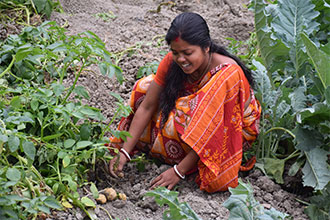CASA BLOGS

Importance of NGO Working For Child Education
A society’s development depends heavily on education. Many children in India don’t receive an education, the majority drop out because of poverty, and girls are rarely given the opportunity. It is therefore crucial for NGO working for child education in India to take action to reach the migratory population in their urban slums and far-flung rural communities. The main factors that contribute to children dropping out of school or choosing not to attend at all include seasonal migration, child labour, inadequate school infrastructure, a shortage of teachers, distance, a lack of resources at home, and parents who lack literacy. At the start of 2020, the epidemic struck the entire world, causing more issues with education. The impoverished were particularly affected by the lack of access to online lessons and the uncertainty surrounding whether schools would continue to operate in the face of strict lockdown regulations.
In India, educational NGOs and the government collaborate to achieve the goal of universalizing elementary education. To start making an impact on the ground, NGOs frequently work with small communities at the society’s base. NGOs seek to enhance social welfare, education, and poverty alleviation based on the idea of people’s participation. NGOs are alternative organisations that operate locally to raise awareness, educate, and bring about change and development in society.
People who lack such rights and advantages are said to be impoverished. A privilege is a right or an advantage. Education has long been the turning point that allows people to overcome their constraints. There are many people in India who want to help the unfortunate; many of them step up using various strategies in an effort to assist the disadvantaged. However, many youngsters in India are not receiving a proper education and lack the basic necessities of every human. The emergence of outstanding nonprofit organisations and NGOs is one method. Children who study hard and are gifted now have access to possibilities they never would have thought possible because of these organisations.
Everyone talks about how important helping poor children’s education is for low-income families. So let’s examine what constitutes education. Learning refers to gaining information. Education, in its broadest sense, refers to learning knowledge and abilities in a variety of areas that are essential to human survival. These abilities can be acquired through classroom instruction and life experience.
By providing these children with a solid education, we can not only benefit them but also ensure the survival of their parents and the future of those parents who are unable to provide for their children’s education and betterment. There are many reasons why they should pursue education and why it is crucial for them. It will enable them to advance personally, pick up new skills, seize advantageous situations, progress as people, and live honourably in society. The likelihood that these kids will raise their family well increases as they further their schooling.
One in five individuals lack the written communication skills necessary to advance in life, and 57 million children have never set foot inside a classroom. There are many more millions of students that are in school but are not learning enough. Helping poor children’s education is only one aspect of the global challenge; progress assurance is another. For all of us, being appropriate and educated is crucial. It makes quality education more accessible to people of all ages, castes, creeds, religions, and geographical regions. Due to the patriarchal nature of Indian society, girls in particular are denied access to education.
Being educated gives women an equal chance to work as employees and skilled workers who use their education as a benefit to improve the future of their families. Girls who receive an education also contribute to the eradication of prejudiced social ills like underage marriage and dowry, which persist in our society. These social ills are not exclusive to one gender. These kids begin working as baggers on the streets, in hotels, or in industries at extremely young ages. Most of them participate in illicit activities like burglaries, pickpocketing, or some of them are even drug addicts. As a result, these kids begin working as the family’s breadwinner at a time when they should be concentrating on their careers and enjoying their youth.
To stop child labour, our government with the help of NGO working for child Education has launched numerous initiatives and taken numerous actions. The promotion and encouragement of children and their parents who come from the poor segment of society has begun with programmes like the mid-day meal and “school chalein hum.” in order for a growing number of kids to enrol in schools. However, despite several endeavours, the quality of education in many places has not improved, and in areas where schools are in better shape, fewer students attend.
We can have a successful profession and make good money with a decent education. Education includes both classroom learning and life teachings that help people become more compassionate. Numerous approaches exist for education to complete a person. However, in today’s economic climate, everything is so focused on making money. Nowadays, education is so expensive that many members of the underclass are unable to even pay that. Numerous kids drop out of school each year as a result of these causes. In this case, loans with lower interest rates could significantly improve the lives of school dropouts.
These disadvantaged youngsters are receiving assistance from the government and several NGOs, but we must do more by giving them food and shelter and providing poor children’s education. Because the majority of these kids either don’t have any relatives or come from low-income backgrounds, Therefore, merely offering education won’t benefit them. In addition, we need to provide them with clothing, food, and shelter. To solve this problem, we must adopt a realistic and scientific strategy rather than a random one. We must have a thorough brainstorming session and attempt to pinpoint the underlying causes of poverty before developing any strategies.
 Previous Blog Post 16 days of activism to overcome Gender based Violence
Previous Blog Post 16 days of activism to overcome Gender based Violence The Ultimate Guide to Disaster Risk Management
The Ultimate Guide to Disaster Risk ManagementFeatured Post

Empowering Rural Education in India:
14 Mar 2024
Introduction: In the vast tapestry of India, education is the key to unlocking the door to a brighter future. However, the challenge of providing quality education to the rural parts of the country persists. In this blog post, we will delve into the crucial role that Non-Governmental Organizations (NGOs) play in bridging the educational gap […]

Empowering the Future: Disaster Management Training for School Children in Disaster-Prone Areas
22 Feb 2024
Introduction: In the face of increasing natural disasters worldwide, it becomes imperative to equip our younger generation with the knowledge and skills necessary to handle emergency situations. Children, being one of the most vulnerable groups during disasters, can greatly benefit from disaster management training. This blog explores the significance of imparting such training, with a […]

Empowering Women: Transforming Lives Through Sustainable Livelihoods in Rural India
16 Feb 2024
Introduction: In the heart of rural India, a silent revolution is taking place as women embrace newfound opportunities for sustainable livelihoods. This transformation not only uplifts individual lives but also contributes to the overall development of communities. At [Your Organization’s Name], we are committed to driving positive change by providing women in rural India with […]



Leave a Reply
You must be logged in to post a comment.